


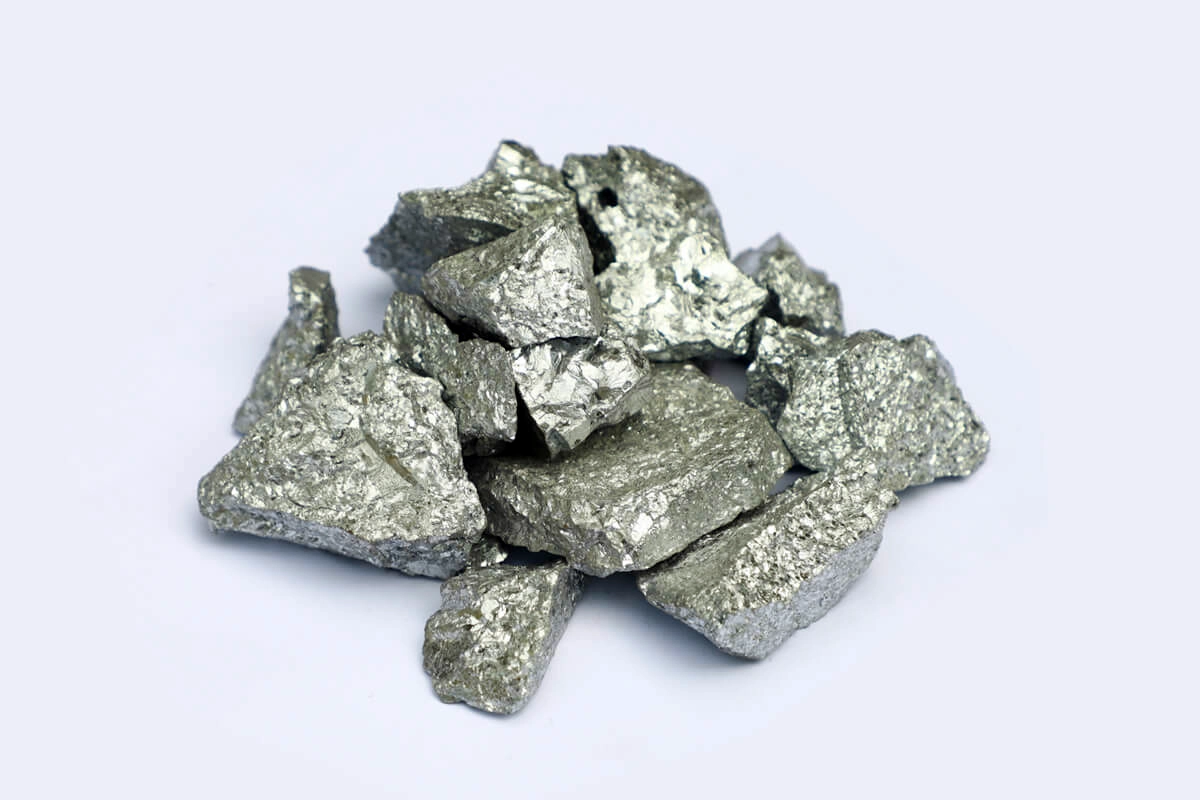
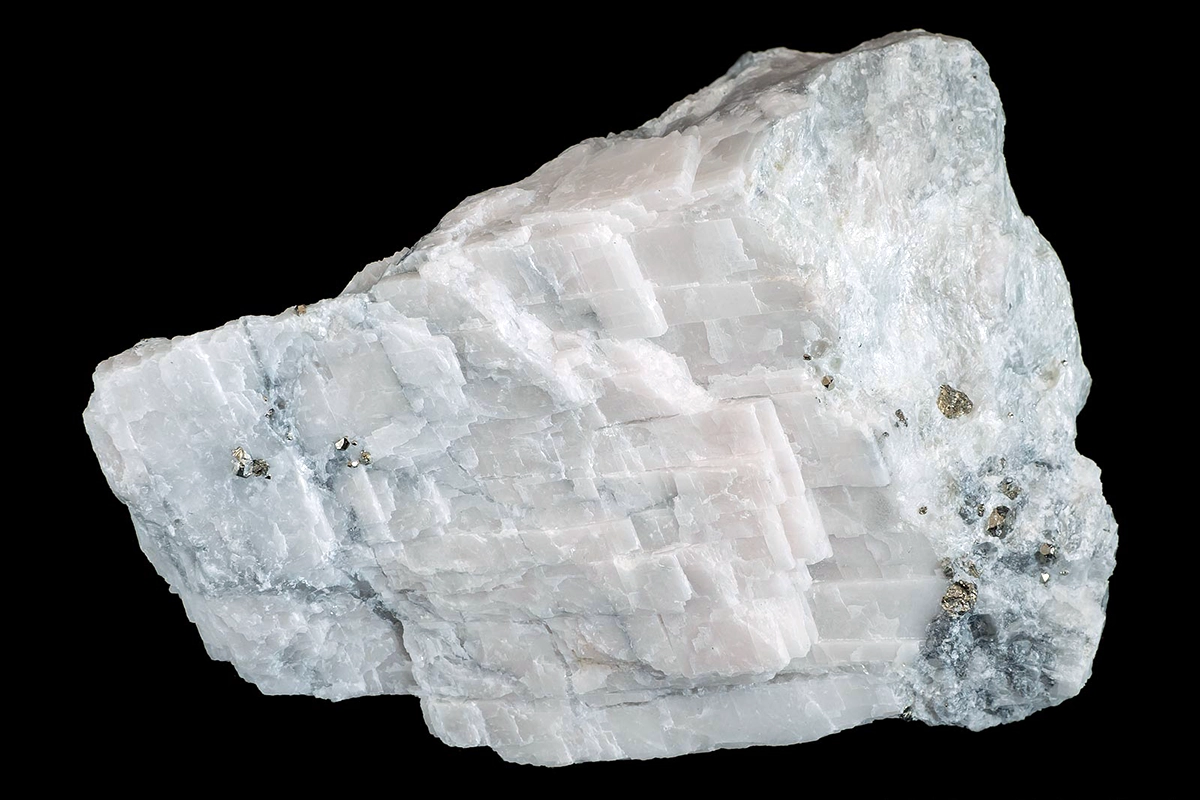



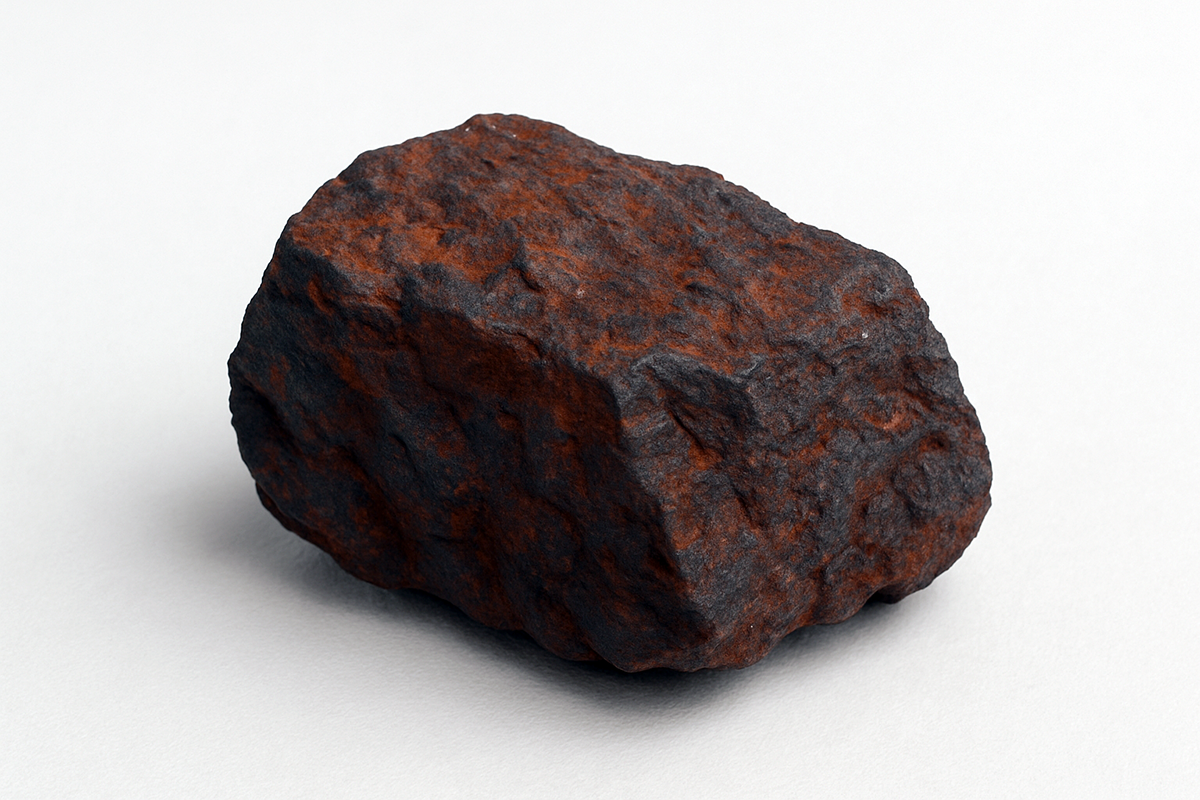

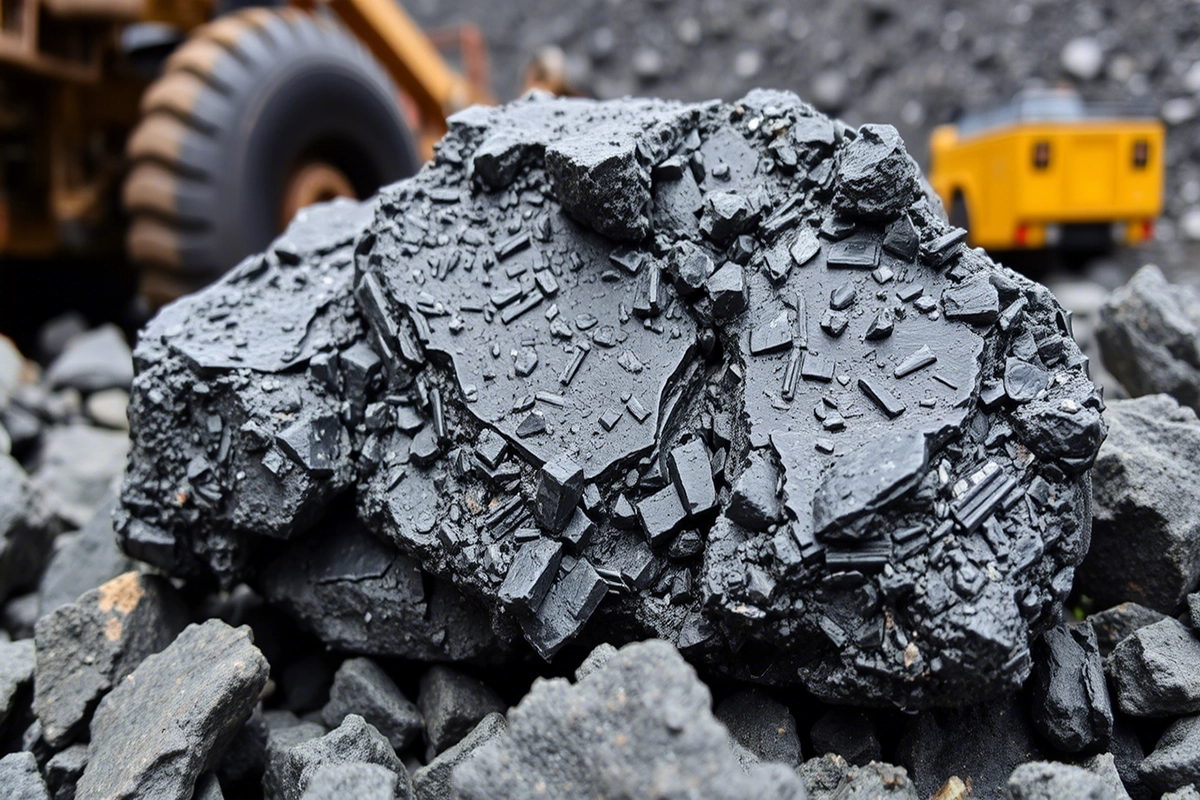
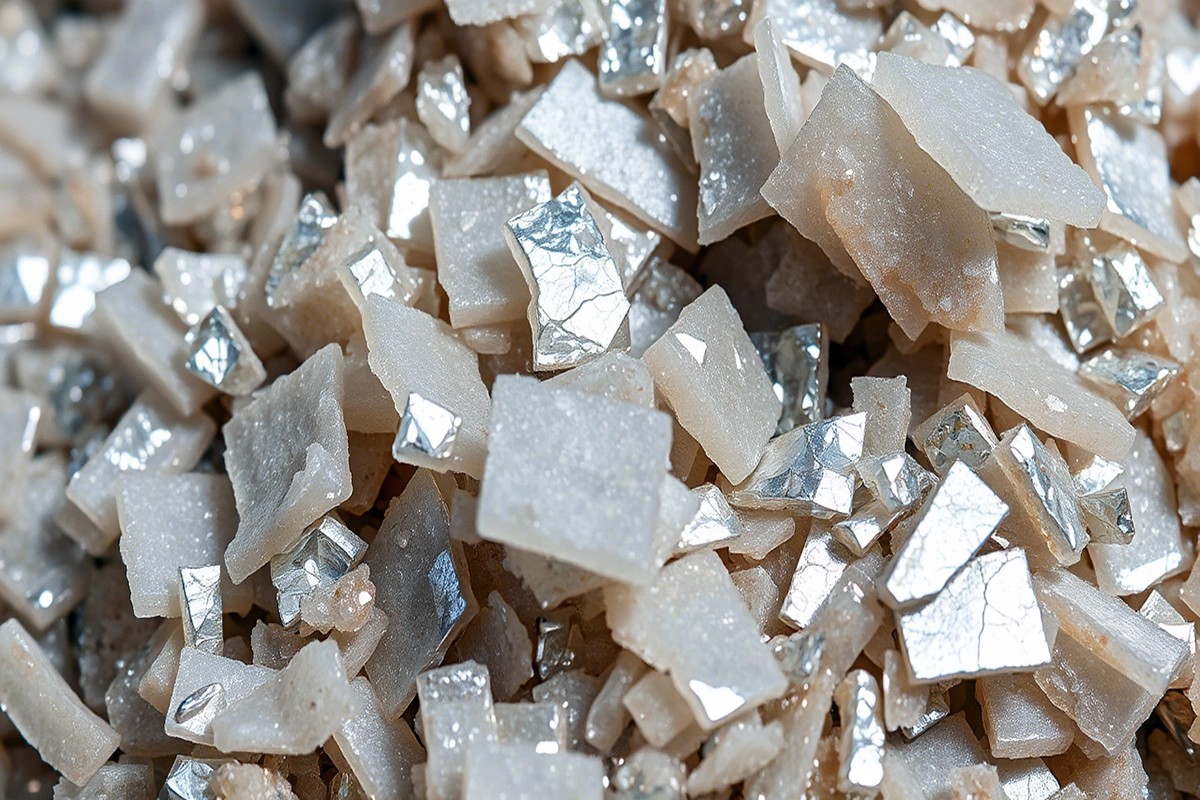




Minerals are naturally occurring, inorganic substances with a definite chemical composition and a crystalline structure. They are the building blocks of rocks found throughout the Earth’s crust. While the term “mineral” is often associated with geology and mining, minerals also play a vital role in biology, particularly in the nutrition and functioning of living organisms. This dual significance—geological and biological—makes minerals crucial both to the Earth’s systems and to human life.
Minerals can be broadly classified into two categories: major (macro) minerals and trace (micro) minerals, depending on the quantities required by the human body.
Major minerals include calcium, phosphorus, potassium, sodium, magnesium, sulfur, and chloride. These are needed in relatively large amounts and are vital for various physiological functions.
Trace minerals are required in much smaller quantities but are equally important. These include iron, zinc, copper, selenium, iodine, manganese, fluoride, and molybdenum.
Geologically, minerals are also classified based on their chemical composition, such as silicates (e.g., quartz), carbonates (e.g., calcite), oxides (e.g., hematite), sulfides (e.g., pyrite), and halides (e.g., halite).
Minerals play several critical roles in the human body. Each mineral has a specific function, and imbalances—either deficiency or excess—can lead to health problems.
Calcium is essential for building and maintaining strong bones and teeth. It also supports muscle function and nerve transmission.
Iron is vital for the production of haemoglobin, the molecule in red blood cells that carries oxygen.
Potassium helps regulate fluid balance, muscle contractions, and nerve signals.
Magnesium supports muscle and nerve function, regulates blood pressure, and helps synthesise DNA.
Zinc aids in immune function, wound healing, and cell division.
A deficiency in any of these minerals can lead to health issues. For instance, a lack of iron causes anaemia, while calcium deficiency may lead to weakened bones and osteoporosis.
Minerals cannot be synthesised by the human body and must be obtained through diet. Natural sources include:
Dairy products (for calcium and phosphorus)
Leafy green vegetables (for magnesium and calcium)
Red meat and poultry (for iron and zinc)
Nuts and seeds (for magnesium and zinc)
Seafood (for iodine and selenium)
Whole grains (for iron and manganese)
Table salt (often fortified with iodine)
Balanced nutrition is key to ensuring the body gets all the essential minerals it needs.
Beyond biology, minerals are fundamental to modern industry and technology. They are used in construction, manufacturing, electronics, and energy production. For example:
Silicon, derived from quartz, is used in making semiconductors and computer chips.
Copper is vital for electrical wiring due to its excellent conductivity.
Aluminium, extracted from bauxite ore, is used in packaging, transportation, and construction.
Lithium, a critical mineral for rechargeable batteries, is increasingly in demand due to the rise of electric vehicles and renewable energy storage.
Rare earth elements, like neodymium and lanthanum, are essential for high-tech applications, including wind turbines and smartphones.
The mining and processing of these minerals must be done sustainably to reduce environmental impact and ensure long-term availability.
Mineral extraction can lead to environmental degradation if not managed properly. Issues include deforestation, water pollution, soil erosion, and loss of biodiversity. Additionally, some mining operations, especially in developing countries, are associated with poor labour conditions and human rights violations.
To address these concerns, there is a growing push for responsible mining practices, recycling of mineral resources, and the development of alternative materials. For instance, urban mining—recovering minerals from electronic waste—is gaining traction as a more sustainable approach.
Minerals are indispensable to both the natural world and human society. From maintaining our health to powering our industries, their importance cannot be overstated. As the global population grows and technology advances, the demand for minerals will continue to rise. It is therefore essential to manage mineral resources wisely, ensuring they remain available for future generations while minimizing harm to people and the planet.

© 2013 Vertix Co. All Rights Reserved. Leading Supplier Of Foundry & Metallurgical Materials